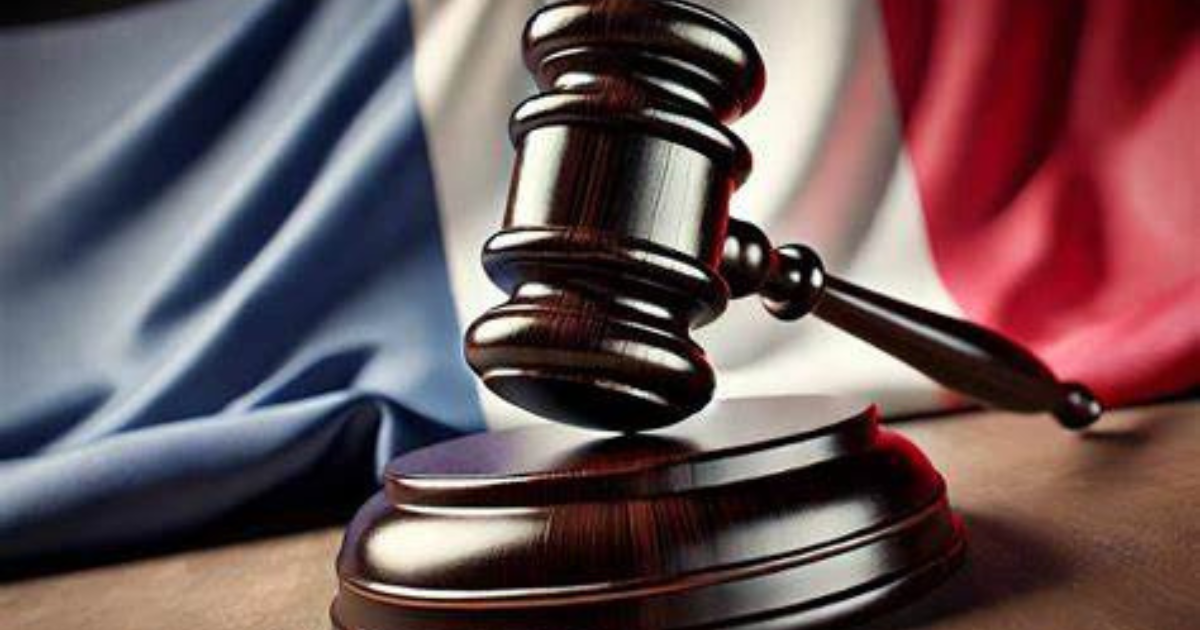French Court order blocks Telegram’s Pavel Durov from attending the Oslo Freedom Forum, a global civil liberties conference. The decision means Durov will have to speak only via livestream, fueling protests from tech and rights groups. The ban, part of Durov’s ongoing legal saga, draws sharp criticism from privacy advocates and crypto investors who see it as a blow to free speech.
Key Takeaways:
- Pavel Durov, the founder of Telegram, was forced to speak remotely when a French court rejected his travel to Norway for the Oslo Freedom Forum authorization.
- Durov, Telegram’s co-founder, is under French court legal supervision after a 2024 indictment on several charges, including complicity in distributing illegal content.
- Human rights advocates stated that the ban is “a setback for freedom” and “unfortunate,” specifically due to encrypted apps such as Telegram and their importance as a free speech outlet.
- This instance highlights the conflict between encrypted communication technology and government control, which is something that leaders in the crypto business frequently watch.
Court Bars Durov’s Oslo Plans
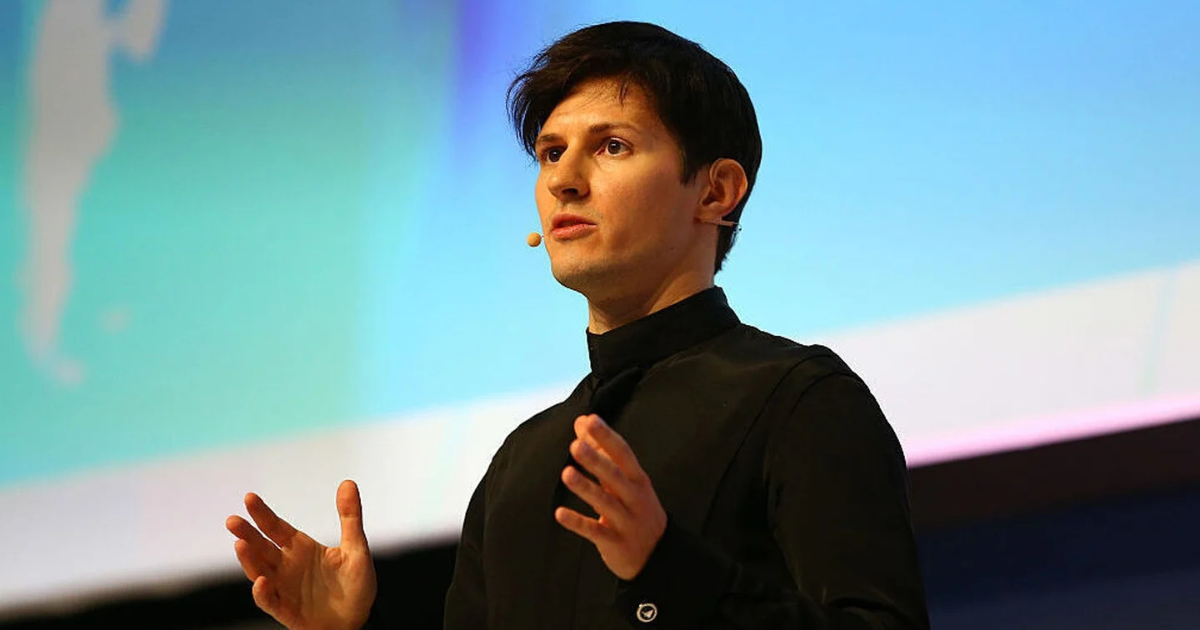
Pavel Durov, founder of Telegram, was recently told in Paris by the French court that he cannot leave France to travel to Norway. Organizers of the Oslo Freedom Forum said a French court denied Durov’s request to attend this week’s event in person.
The Human Rights Foundation (HRF) that runs the forum said Durov will still address the conference remotely by livestream. “It is unfortunate that the French court would block Mr. Durov from participating in an event where his voice is so needed,” HRF CEO Thor Halvorssen said, calling the decision “a setback for freedom”.
Durov’s legal troubles began in 2024. French prosecutors arrested him in August 2024 as part of an investigation into illegal content on Telegram. He was released on bail with strict conditions: forbidden to leave France without permission and required to report to police regularly.
The court even turned down a bid for him to fly to the U.S. last week, saying the trip was not “imperative or justified”. Earlier this spring, authorities did let Durov briefly leave for Dubai, where Telegram is based. Now back in Paris, Durov insists he’s committed to improving moderation – but believes the accusations against him are unfounded.
Crypto Industry Reacts
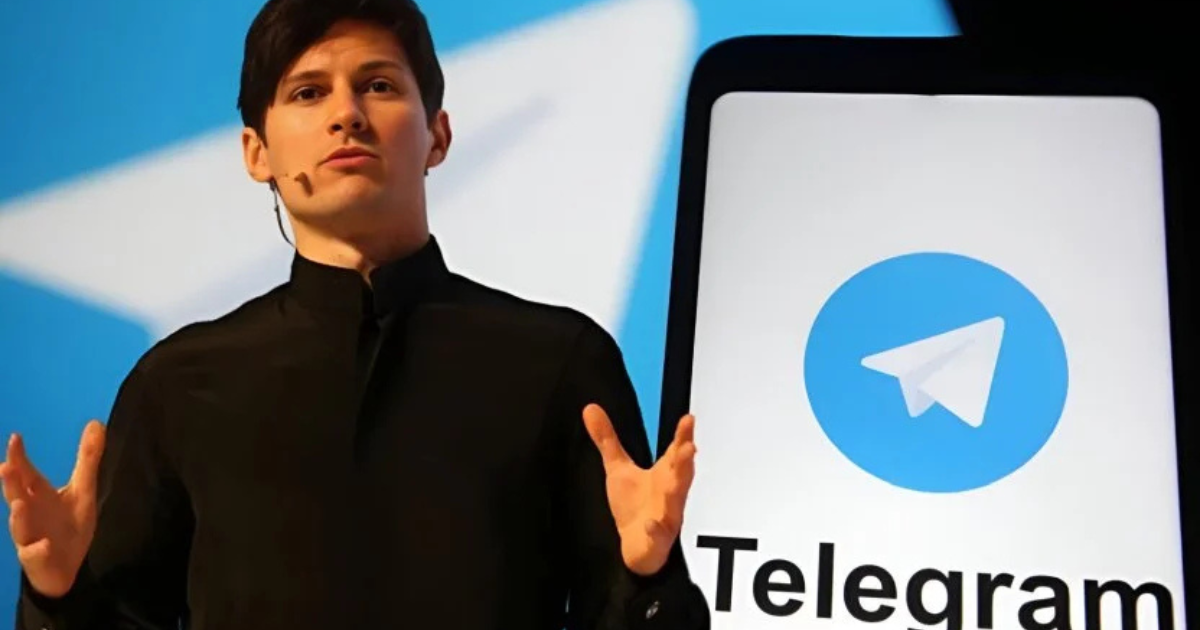
In crypto circles, Durov’s travel ban has been met with outrage. His stance is widely respected among blockchain developers and privacy advocates.
In a May 18 Telegram post (widely circulated on social media), Durov blasted censorship efforts: “You can’t ‘defend democracy’ by destroying democracy. You can’t ‘fight election interference’ by interfering with elections. You either have freedom of speech and fair elections — or you don’t. And the Romanian people deserve both,” he wrote.
Those words – seen as a firm opposition to Western pressure on Telegram – were quickly applauded by tech figures. Public personalities like Elon Musk and Edward Snowden rallied to Durov’s defense, warning that this case is part of a troubling trend of governments clamping down on online speech.
Other crypto leaders chimed in. Chris Pavlovski, CEO of the video platform Rumble, praised Durov and said more tech founders should be willing to take such stands.
Mert Mumtaz, CEO of blockchain firm Helius Labs, called it “hypocritical” to hold platform owners personally liable for users’ posts while claiming to champion free expression. Industry commentators warned that jailing tech CEOs over user content could backfire – driving platforms toward heavy self-censorship to avoid legal risk.
Rights Advocates Sound Alarm
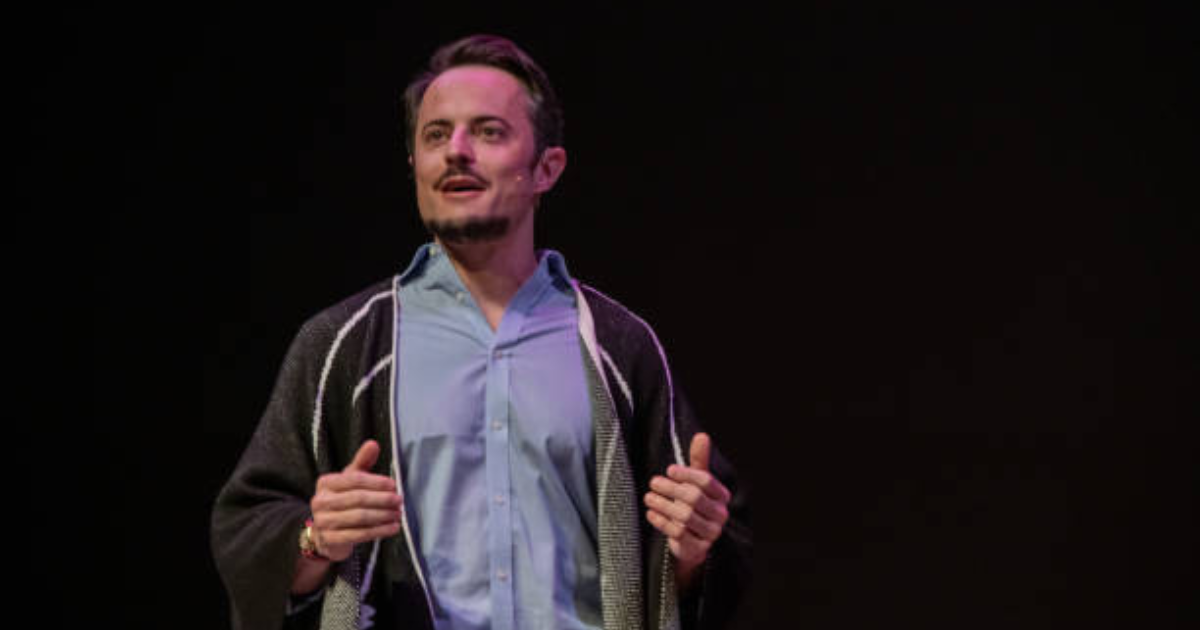
Digital-rights groups have also condemned the ban as an assault on free speech. The Human Rights Foundation’s Halvorssen, who invited Durov to Oslo, said Telegram is “a basic tool for those resisting tyranny,” and that silencing its founder is more than a disappointment – it’s a chilling signal for civil liberties.
According to a news release from the global NGO Access Now, detaining staff members of messaging applications “that people use to exercise their rights to free expression and peaceful assembly” could lead to “over-censorship” and further diminish civic space. This is in line with growing concerns about digital censorship in Europe, activists note.
In recent weeks, Durov even accused France’s spy chief of asking him to mute political content on Telegram – a claim Paris vehemently denied – underscoring fears that politics may be influencing the case.
Conclusion
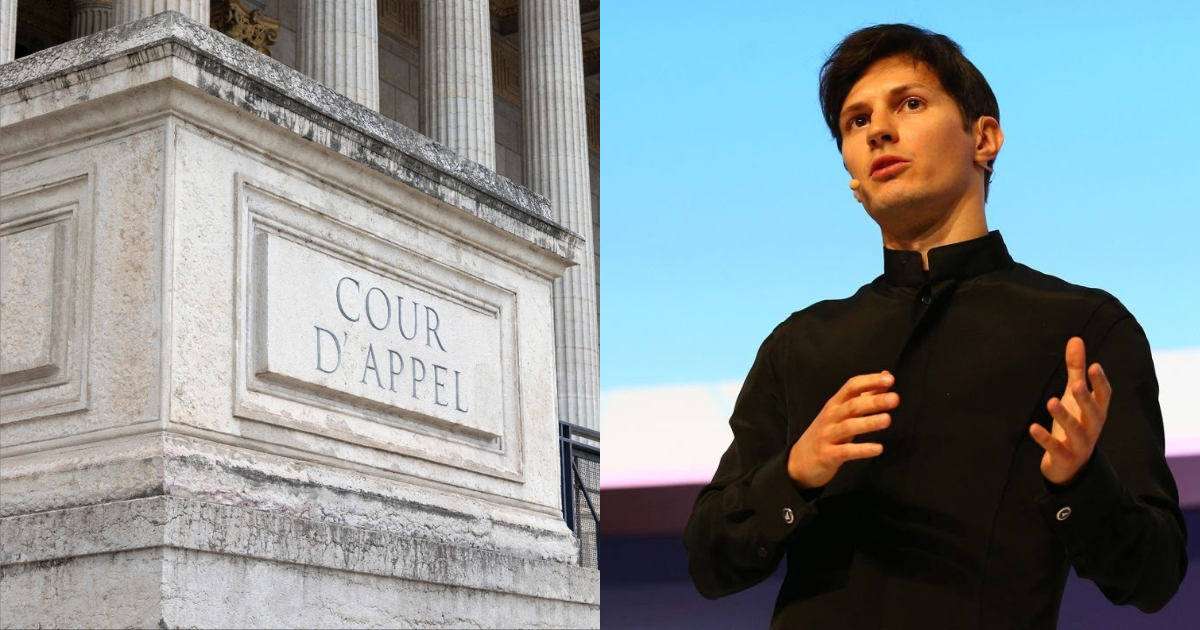
Following scrutiny by the French Court advocates warn the move may backfire, turning Durov into an even stronger symbol of resistance. Durov will continue to speak to the forum virtually for the time being, but there are still a lot of unsolved questions from the episode. The outcome of his legal battle in France and its implications for the harmony between security and freedom in the digital age will be eagerly watched by observers.





